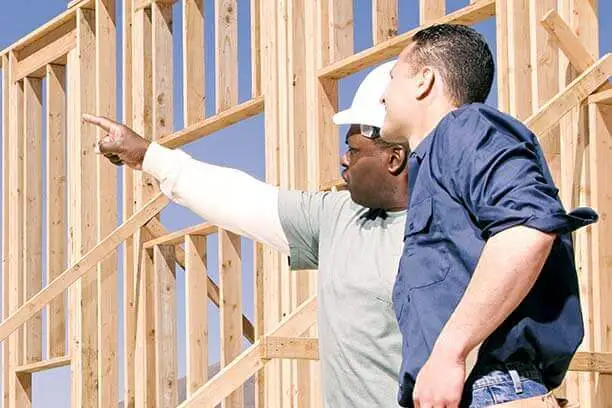Should You Build Your New Home?


When real estate inventory dips and the number of homebuyers rises, the competition to land your dream home gets stiff. Take, for example, this statistic: In April 2021, 72% of offers on home listings faced a bidding war, up nearly 50% from the year before.
Faced with limited real estate selection, high prices and dozens of people vying for the same properties, many homebuyers are asking: Is it cheaper to build a house? Here, we break down the advantages and disadvantages building vs. buying a home.
Maybe. As of early 2022, the U.S. Census Bureau ranked the median sales price for an existing home at $436,700. The median price of building a single-family home, according to Realtor.com, is $296,652.
The most obvious advantage of a brand-new home is the ability for complete customization. Everything from the layout to the paint colors falls within your purview, so you can personalize the space and style to suit your tastes. Other pros of building a house include:
A surprising disadvantage of new construction is that building your home might end up being more expensive than buying an existing house. That’s because there are hidden fees that add up during the process. Considering upgrading the countertops to marble? There’s a cost for that. Do you prefer hardwood floors to laminate? Prepare to pay more. Do you want professional landscaping? That requires money. Since many of these costs are not folded into the contract price, it’s easy to blow your budget without even realizing it. Other cons of building a house include:
On paper it seems that buying an existing home is more costly, but you also have the power of negotiation on your side. From splitting closing costs with the seller to asking for repairs on big-ticket items, there are many ways you — or your real estate agent — can bargain for a lower sales price. Other pros of buying a house include:
In the current market, the most obvious disadvantage of buying an existing home is that you’ll be going head to head with other homebuyers. To secure the home you want, you might have to come to the table with cash, pay more than your budget allows or comprise on your wish list or target location. Other cons of buying a house include:
Buying a home — whether it’s a new build or an existing house — is often the biggest decision you’ll make in your lifetime. Here at Farm Bureau, we’re here to help. Contact your agent today to learn how you can prepare for, and protect, this purchase.